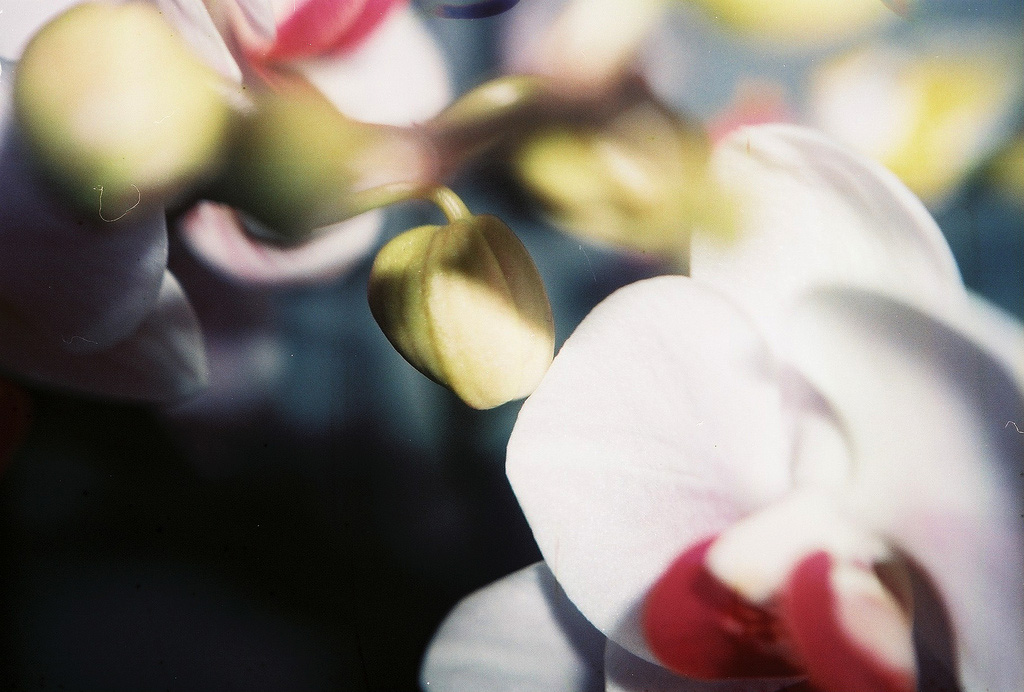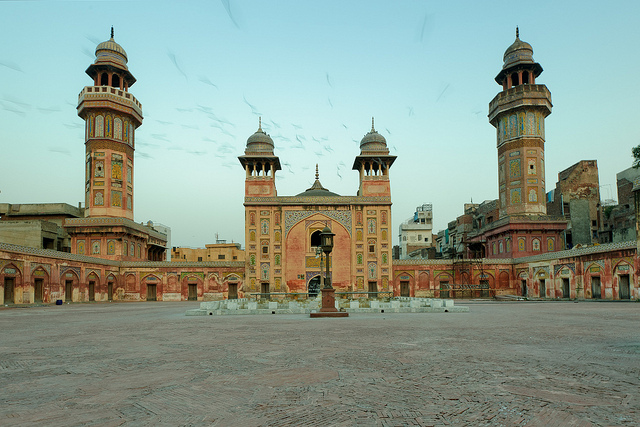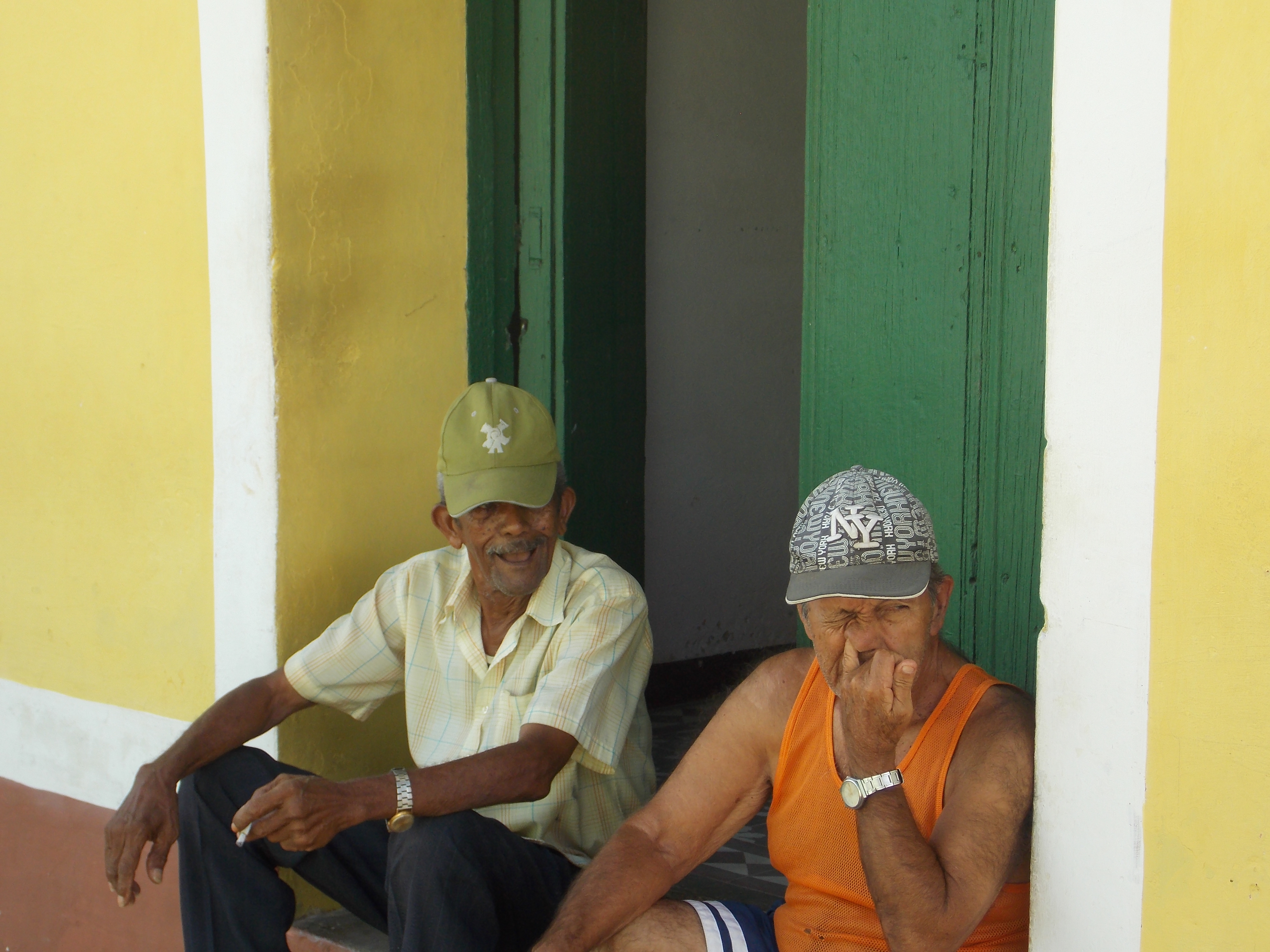
In a Silent Way
In the Tora Bora of Afghanistan, American soldiers played death metal at the entrances of caves, in a bid to prise out Al-Qaeda fighters. Sometimes they sent F-16s to fly low – earsplittingly so – over enemy camps. Or they used music for interrogation purposes – blitzed prisoners with sound, on and off, for hours on end, until they talked.
Humans don’t like noise. We’re not built for it. Persistent loudness triggers fight-or-flight responses: adrenalin rush, high blood pressure, stress. Children fare worse than adults, particularly in an educational context. In the 1970s, psychologists performed a study of children living in high-rise apartment blocks, built on bridges above Interstate 95, Manhattan. The academics found that children living in apartments near the ground floor – where the din of the motorway was loudest – had lower reading scores than their top floor contemporaries.
An even more decisive case occurred in Munich in 1992. Munich Airport was closed, and a new one opened on the other side of the city. The test scores of children near the original airport rose; oddly, those of children near the new airport fell. Psychologists found that “the most consistent effects of aircraft noise exposure found in children are cognitive impairments. Tasks that involve central processing and language comprehension, such as reading, attention, problem-solving and memory appear to be most affected by exposure to noise.”
We’ve made the world a very noisy place. We communicate – constantly, loudly, over an ever-growing range of devices. Our machines rattle, chatter, grind, and bleep. They tell us how they’re doing (a bleep of assent from the supermarket scanner); how we’re doing (a bleep of annoyance from the car when you’ve failed to fasten your seatbelt); and they never, ever tell you quietly.
After a while, we stop noticing. We don’t particularly want to live under a flight path – but we accept the constant soundtrack of car, motorbike, car, alarm, ringtone, bell, car. Noise is the healthy hum of human endeavour: it tells us everything’s working, everything’s moving, things are being done.
Silence, on the other hand, is strange. We don’t experience it often – unless you’re one of the decreasing minority of people that don’t live in cities, or near cities, or close to a motorway.
The quietest place in the world is an anechoic chamber in a laboratory in Minnesota. It has 99.9% sound absorbency – so, 99.9% of the sound created by your footfall inside the chamber is absorbed before reaching your ears. Companies use it to test the noise efficiency of their products. Occasionally, people go in there too. NASA trains astronauts there, to acclimatise them to the gaping silence of space. The longest anyone has lasted is 45 minutes. A violinist booked a session: after a minute or two, he was banging on the door, demanding to be let out. Some experience hallucinations; most feel dizzy and a bit nauseous. The only thing they hear is the sound of their own breathing. After a while, they begin to hear heartbeats, and the sound of blood rushing along their veins. George Foy, the 45 minuter, told the Guardian: “Everyone was impressed that I’d beaten the record, but having spent so long searching for quiet, I was comfortable with the feeling of absolute stillness. Afterwards I felt wonderfully rested and calm.”
George Foy is unusual in being able to tolerate that kind of absolute silence. But he’s not unusual in searching for quiet. A whole industry of silent retreats has built up – here in Britain, in America, and in Western Europe. There are Catholic retreats and Buddhist ones, Sufi and secular, Baptist and Methodist. Mostly they offer a bit of peace and quiet. People go to be silent in the company of strangers. It’s an old idea, and a very popular one.
I joined the quiet multitudes on retreat for two days in December. It was an ex-convent in the Westcountry, surrounded by rolling fields and woodland, a couple of miles east of Dartmoor. There were about 40 of us for the two day retreat: an even number of men and women, two students, the rest mostly thirty and forty-somethings from London and the South East. One man had a shaven head, a straggly grey beard and a yogic gaze, but he was an exception. Everyone else could have passed for an accountant.
Our days were structured by bells, rung at regular intervals to signify meditation, breakfast, meditation, walking, household duties, meditation, lunch, meditation, walking, meditation, walking, dinner, meditation. We sat on mats and cushions in a dimly-lit hall, and were told to listen to ourselves breathing. Walking was done in silence, by oneself, outside in the garden or along an empty corridor. Lunch and dinner: silent also. It was oddly restful, to listen to the sound of people slurping soup, and munching carrots, and not have to speak. Meditation was harder – bluntly, more boring. You were meant to empty your head of internal chatter: the silent dialogue of memories and memos and notes-to-self. But I kept visualising a cup of coffee, piping hot. Caffeine, along with meat, fish, books, and mobile phones, was off-limits.
At the end, when allowed to speak, people spoke about what had brought them there. Wanting time to think. Wanting to get away. There was a sense of camaraderie – a sense that having made it through two whole days of silence was quite an achievement; shared, despite the fact that we didn’t know each other’s names. A lady at the front put her hand up and said she’d traded it all in – house, job – for six months at a retreat in India. There were murmurs of approval.
The writer, traveller and war hero Patrick Leigh Fermor wrote a book in the fifties called A Time to Keep Silence. Searching for a quiet space to write, he came across an old Benedictine Abbey in France, and installed himself in a cell there. “In the seclusion of a cell—an existence whose quietness is only varied by the silent meals, the solemnity of ritual, and long solitary walks in the woods—the troubled waters of the mind grow still and clear, and much that is hidden away and all that clouds it floats to the surface and can be skimmed away; and after a time one reaches a state of peace that is unthought of in the ordinary world.”
I asked Brendan Callaghan SJ, a psychologist of religion and Master of Campion Hall, a Jesuit college at Oxford University, why he thought prolonged silence has such profound effects on people. “Silence allows us to be present to ourselves and to others. But we mostly don’t know ourselves very well, and sometimes what we discover is startling (but usually in a sort of “Oh – that’s what was there all along and I never noticed” sort of way).”
Most people are scared of total silence. Perhaps because we’re afraid that we’ll discover something startling. Perhaps also because we feel dependent on the noise that surrounds us; we need to be distracted. Or at least, that was the American novelist David Foster Wallace’s view: “Surely something must lie behind not just Muzak in dull or tedious places any more but now also actual TV in waiting rooms, supermarkets’ checkouts, airport gates, SUVs’ backseats. Walkman, iPods, BlackBerries, cell phones that attach to your head. This terror of silence with nothing diverting to do.”
Wallace thought the ‘something’ was “some other, deeper type of pain that is always there, if only in an ambient low-level way, and which most of us spend nearly all our time and energy trying to distract ourselves from feeling”. Maybe it is pain. Or maybe something less extreme: our own trivial insecurities. In an era where so much is about self-presentation and self-image, where life is about how people invent themselves as much as what they do, the dialogue inside one’s head can become – well – incessant: “What did she say? What did he mean? How does that look? Why did I do that?” Noise doesn’t halt the babble, but mutes it: the mental equivalent of putting your fingers in your ears.
Those in retreats aim for a more enduring solution: a kind of inner silence, or mental stillness, which our brains – battered with information and sounds and conversation – are so rarely able to grasp. The real question is why more people don’t look for it. Because the phrase isn’t wrong; there is something golden about silence.







